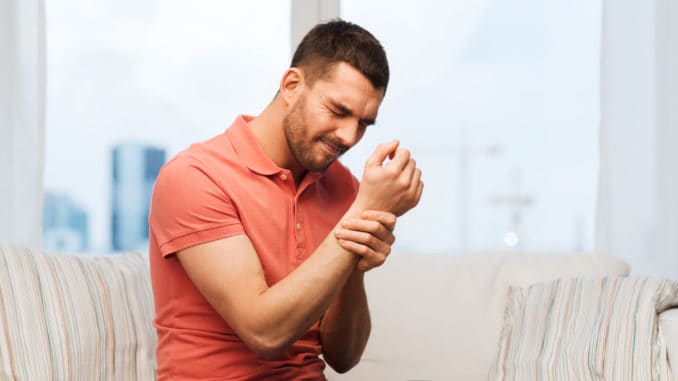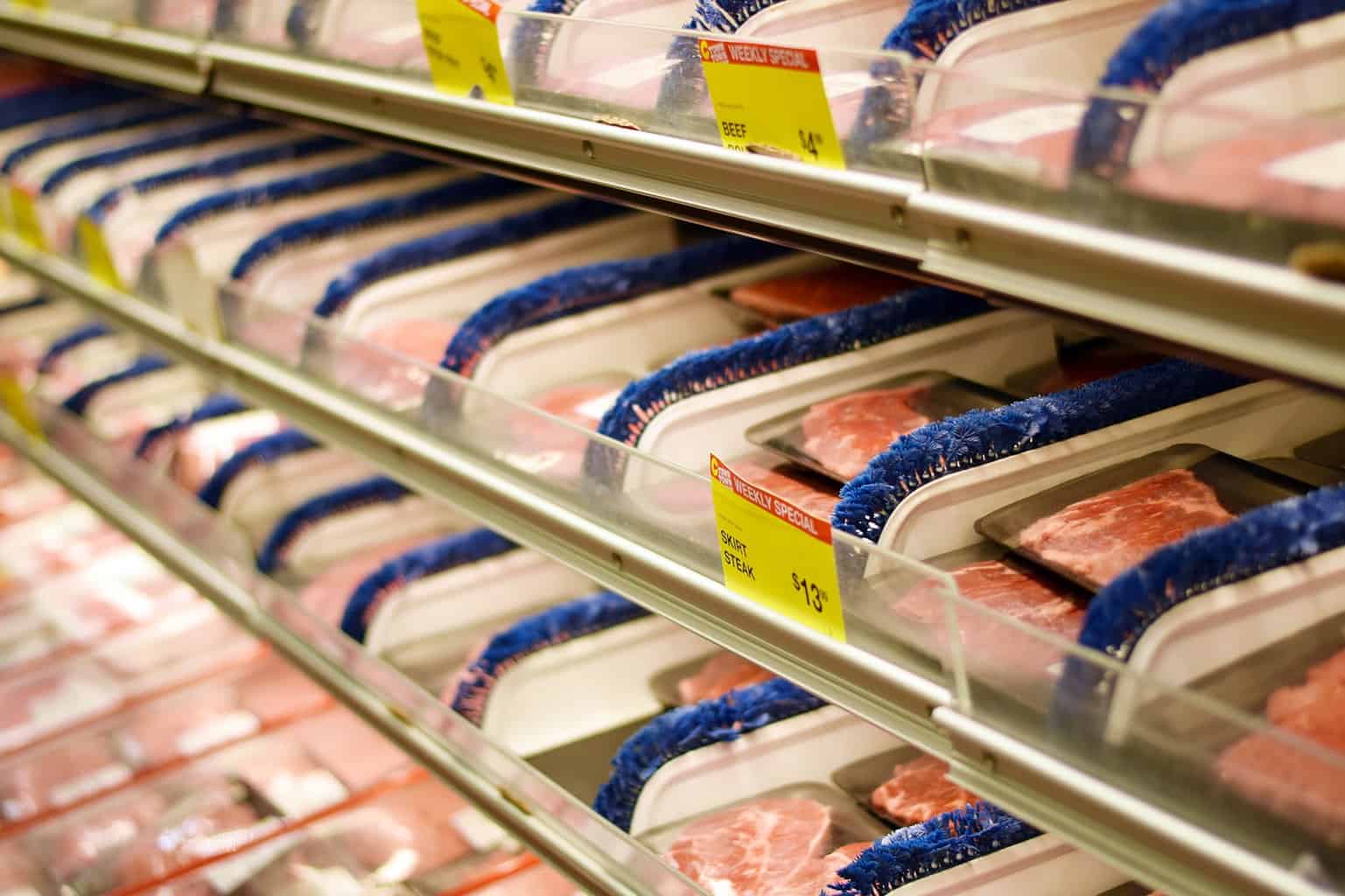
This vitamin protects the cartilage and prevents osteoarthritis

—-Important Message—-
Boost thyroid with CID5920 — more energy, drive, and stamina for men
Hundreds of years ago, humans used to get extra doses of CID5920 naturally through the food supply…
Because animals also naturally produce CID5920, and humans have always eaten animals.
I remember visiting my uncle’s farm as a kid, where he raised and slaughtered hogs…
My Uncle Howard took so much pride in eating everything from the hog from nose to tail — “everything but the squeal” as he would say…
And by eating that way, we were all getting a natural and healthy dose of CID5920.
But now when you go to the supermarket and see the burgers and steaks in the meat trays, none of that meat has CID5920 in it…

All that good stuff has been taken out. It’s used in dog food and other stuff humans no longer eat…
And without this extra dose of CID5920, we grow older and our CID5920 levels start to fall…and we start feeling it all over the body…
We grow tired and weak, our memories start to go, we gain weight around the middle, and our age starts to catch up to us…
Our immune system weakens and we become more susceptible to disease.
And before we know it, we’re being diagnosed with all kinds of health problems, like diabetes, heart disease, high blood pressure, and even cancer…
So now millions of people are actually deficient in CID5920, a natural hormone that controls up to 80% of the body’s functions.
But it doesn’t have to be this way…
———-
Men with joint pain — you’re low in this key vitamin
Low thyroid, high estrogen, and a leaky gut all contribute to arthritis.
But there is yet another factor that affects osteoarthritis in particular.
Over 10 years ago, researchers found a link between low levels of vitamin K and increased risk of developing osteoarthritis.
Causal links between disease and diet can be hard to prove — but recent animal experiments add further evidence that low vitamin K has a large role to play in osteoarthritis.

This all started back in 2009 when researchers at the University of Tokyo carried out a dietary study. The paper was published in the Journal of Orthopedic Science.
The study included over 700 participants who were 60 years of age or older.
Everyone in the study underwent scans of their joints looking for physical proof of osteoarthritis.
The participant also carried out food frequency questionnaires. These questionnaires analysed the diet of all the participants.
The researchers then looked for relationships between nutrients and clinically confirmed osteoarthritis.
Vitamin K was the only nutrient linked to osteoarthritis.
People who ate less vitamin K were more likely to have osteoarthritis.
“Among the dietary factors, only vitamin K intake was shown to be inversely associated with the prevalence of knee osteoarthritis.”
Back then, the researchers suggested that vitamin K might be able to help with osteoarthritis.
Food frequency questionnaires leave a lot to be desired in terms of evidence — but they are a good place to start looking for clues.
More recently, researchers followed up on these clues and carried out scientific experiments on animals.

The mouse experiments were carried out of the University and published in Experimental Animal Nutrition.
The scientists were aware of the previous links made with low vitamin K and osteoarthritis — but they wanted to test whether vitamin K deficiency really caused the disease.
“Evidence suggests that low vitamin K status is associated with osteoarthritis – but it is not clear if low vitamin K intake is the cause.”
To learn more they carried out experiments on old male mice.
The split 62 mice into 2 groups roughly the same size.
Some mice were put on a low vitamin K diet.
The other mice were given plenty of vitamin K — otherwise the diets were identical.
The mice were kept on these diets for 6 months.
After the 6 month period was up, the researchers examined the mice to see if the different groups were more or less likely to have osteoarthritis.
1 of the factors in osteoarthritis is the loss or cartilage around the joint.
Cartilage is robust connective tissue that allows for smooth and painless joint function.
The animals on the low vitamin K diet had problems with their cartilage.
Their cartilage was losing proteins called proteoglycans — something which happens in osteoarthritis.
“Mice fed the low vitamin K diet had test results indicative of cartilage proteoglycan loss- compared to mice fed the control diet.”
The animals on the low-K diet were losing the protective covering over their joints — something which will cause damage and pain to the area
The researchers carried out some different cartilage tests, which showed no difference between the 2 groups.
Vitamin K deficiency affects 1 specific aspect of osteoarthritis — but it’s not the primary cause (that is low thyroid, high estrogen, and leaky gut.)
The study pretty much proves that vitamin K deficiency does accelerate and exacerbate osteoarthritis.
Everyone should make sure they get enough vitamin K.
“Our findings suggest low vitamin K status can promote articular cartilage proteoglycan loss in older male mice.”
This study used vitamin K1 — the type found in leafy green vegetables. Most people can get enough of K1 by eating a small amount of well-cooked greens every day.
Raw greens are pretty much indigestible — pointless and potentially problematic.
Eating lots of greens causes other problems, but you should eat a little to get nutrients like vitamin K1.
You can also get vitamin K increases in your body by using vitamin K2 MK4, which is what I am doing. Vitamin K2 isn’t the same as vitamin K, but it can provide many benefits.
You should always consult a healthcare practitioner about treating and diagnosing health-related problems especially if you are taking blood thinners.
—-Important Message for Men with Joint Pain—-
This powder naturally erases joint pain AND boosts sex drive in men
I’ve discovered a natural powder that is so potent and so powerful…
…it can bathe your joints in soothing healing goodness…
…obliterate the need for dangerous, addictive pain treatments like opioids…
…and make life as physically and romantically rewarding as it was when you were a young man.
I call this powder the Manly Element — because not only does it safely erase joint pain in men…
…it raises testosterone, lowers estrogen, raises sperm quality, increases load size…
…and even boosts a man’s sex drive!
All from one remarkable powder that you can buy at any store for less than two bucks.
———-
